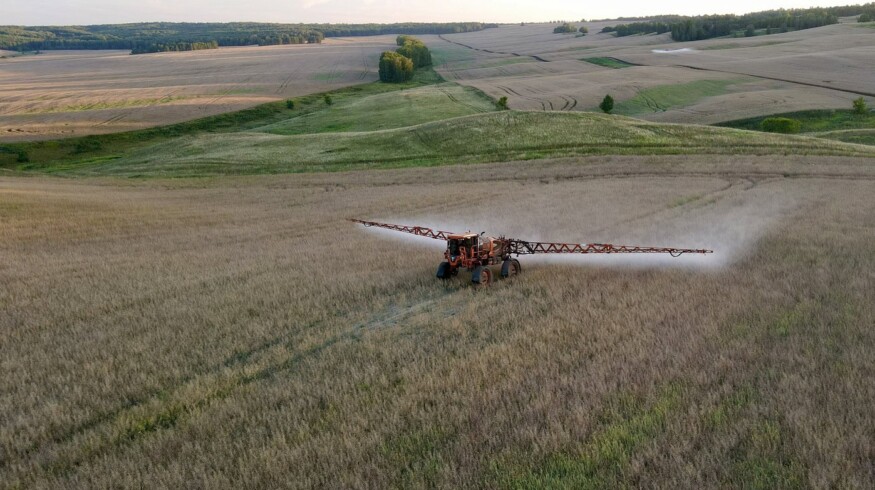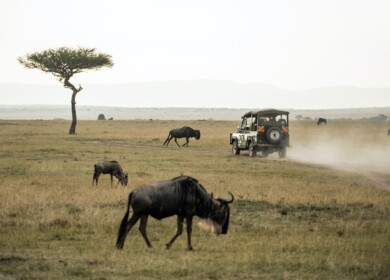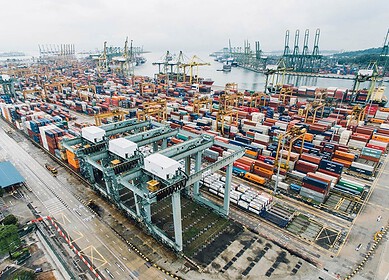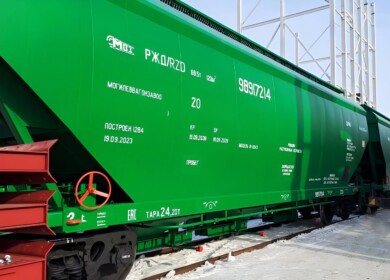Russian agriculture faces significant financial strain ahead of the new season

As Russian farmers prepare for the new farming season, the procurement of plant protection products (PPPs) is shaped by a significant decline in farmers’ purchasing power due to the continued drop in production profitability, increased financial burdens, and limited access to both commercial and subsidized loans. Dmitry Plishkin, Director of Marketing and Sales at JSC “August,” shared insights on the specifics of PPP demand for the upcoming planting season and measures to maintain stability in the domestic PPP market.
The financial landscape in the agricultural sector in 2024 has reached a critical point. With ongoing increases in the costs of most production resources, export restrictions—including quotas and tariffs that significantly reduce the profit margins of agricultural enterprises—and ongoing challenges in selling crop production at predominantly low purchase prices compounded by increased logistical costs, farmers are facing a virtual impossibility of obtaining loan financing. An unprecedented tightening of monetary policy by the Central Bank has led to prohibitive conditions for commercial loans (interest rates of 25–30% per annum) and a sharp increase in rates for subsidized loans (10–15% per annum), while reducing their availability.
This situation has not directly affected the PPP market in 2024—the rise in the key interest rate and the revision and tightening of lending conditions occurred in the second half of the year, whereas the bulk of contracts are formed by April—the beginning of planting season. However, in the next season, worsening financial difficulties for agricultural producers will become a more significant factor for the pesticide industry. With reduced solvency, a phased approach is likely, with first priorities given to purchasing seed dressings and herbicides necessary before and during sowing, while decisions on purchasing fungicides and insecticides will be made later based on actual field conditions and the possibility of adjusting protection tactics.
Overall, as noted by “August,” in today’s environment of diminishing financial resources and access to them, some agricultural producers have adopted a wait-and-see attitude, accumulating funds in short-term deposits. This deferred demand, they note, is expected to enter the market sooner or later.
Despite the exacerbation of economic problems in the crop production sector, “August” does not anticipate a reduction in the areas treated with PPPs in 2025. One of the fundamental factors ensuring the stability of the pesticide market remains the direct dependence of agricultural production profitability on farmers’ strategies in plant protection.
Enjoyed this story?
Every Monday, our subscribers get their hands on a digest of the most trending agriculture news. You can join them too!
















Discussion0 comments